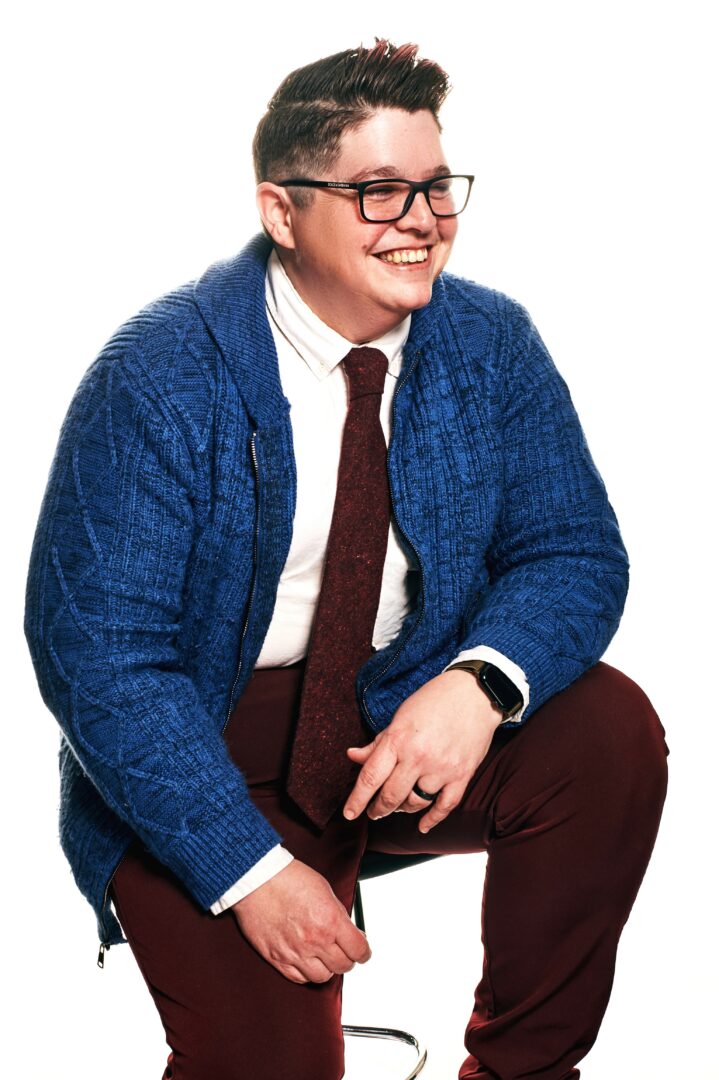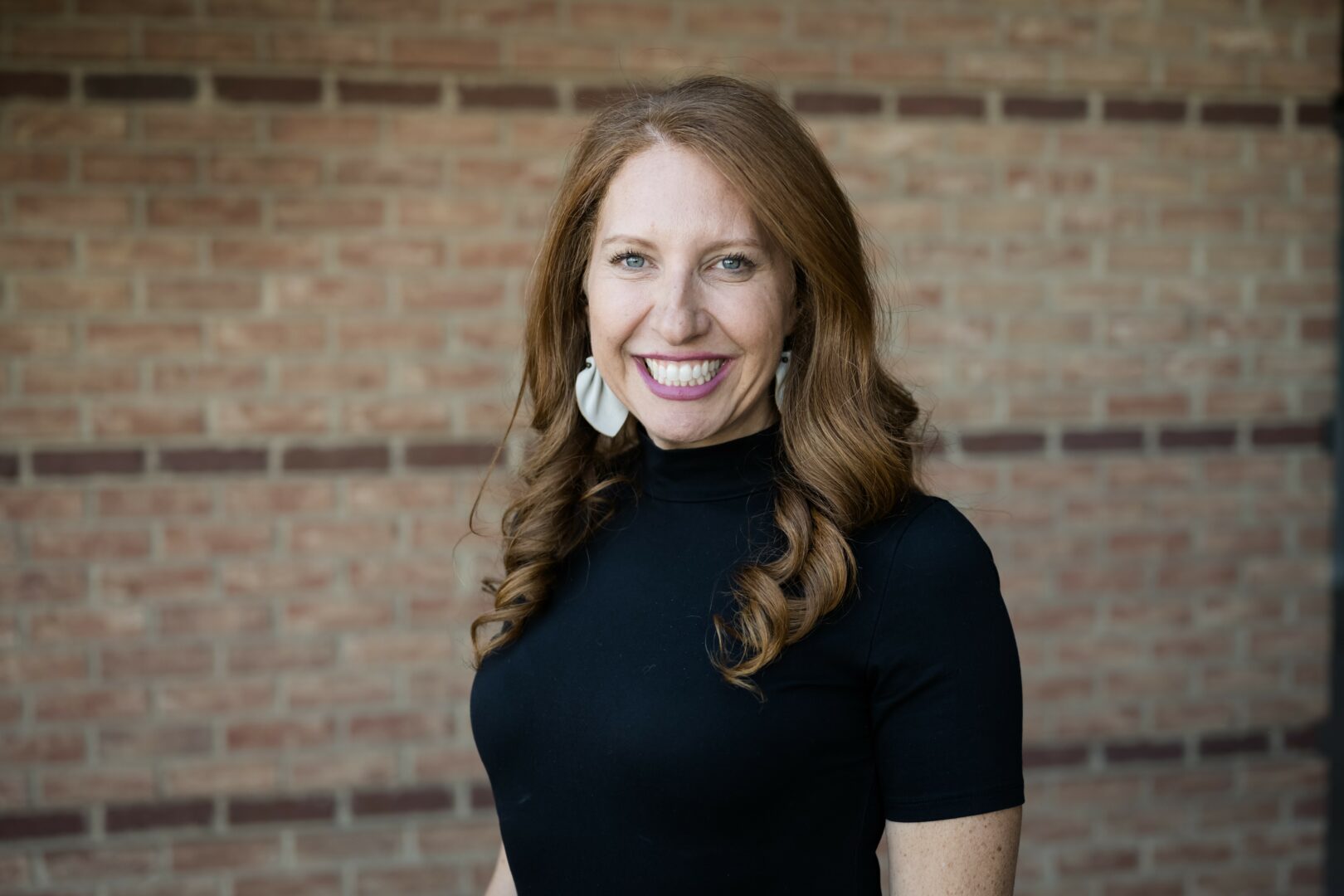We recently had the chance to connect with Missy Spears and have shared our conversation below.
Missy, a huge thanks to you for investing the time to share your wisdom with those who are seeking it. We think it’s so important for us to share stories with our neighbors, friends and community because knowledge multiples when we share with each other. Let’s jump in: Have any recent moments made you laugh or feel proud?
Honestly, one of the proudest moments of my career so far was standing on stage at the NLGJA convention this year and receiving the Jeanne Córdova Award in front of a room full of LGBTQ+ journalists at the top of their game. The award honors LGBTQ+ women for their body of work in journalism and advocacy, and it’s named after Jeanne Córdova, who was a trailblazing journalist and publisher of The Lesbian Tide.
The judges recognized the work we’ve been doing at Queer Kentucky- building a newsroom that consistently reports on the legislature from a queer lens, creating our Queer Election Guide to make local politics more accessible, and pushing public health initiatives like harm reduction lockers and mpox vaccination outreach. They also noted our partnership on one of the largest surveys of LGBTQ+ Kentuckians ever, which produced a public data dashboard.
For me, the award wasn’t just about my leadership, but about the fact that a small Kentucky newsroom is setting a standard for how queer stories can be told and how journalists can show up in their communities. It felt incredible to have that work lifted up nationally.
Can you briefly introduce yourself and share what makes you or your brand unique?
I’m Missy Spears (she/her), Executive Director of Queer Kentucky, a nationally recognized newsroom amplifying LGBTQ+ voices in a deeply red state. At Queer Kentucky, I’ve led the push for consistent coverage of the Kentucky Legislature through a queer lens, created the Queer Election Guide, and expanded our public health reporting — from statewide mpox education to installing harm reduction lockers and releasing a first-of-its-kind survey of 3,600+ LGBTQ+ Kentuckians. We’re also publishing Death Before Detransition, a magazine created entirely by and for trans youth.
Outside the newsroom, I co-manage the volunteer-run COVunity Free Fridge, serve as co-president of the Kentucky Civic Engagement Table, and sit on advisory boards for WCPO 9 News, the University of Kentucky’s Center for Clinical and Translational Science, and the Cincinnati Art Museum.
Great, so let’s dive into your journey a bit more. Who taught you the most about work?
The person who’s taught me the most about work is Cara Stewart, an attorney and policy advocate here in Kentucky. Cara started her career at Legal Aid of the Bluegrass representing low-income Kentuckians, and today she’s known statewide for her policy work around health care, substance use disorder, and housing. She’s the kind of person who somehow manages fifteen commitments at once- serving on boards, shaping legislation, representing clients- and every time she chooses the good a moment can bring by helping, rather than taking that time for herself.
It isn’t the healthiest model, but it’s one I recognize in myself. Watching Cara has taught me both the power and the cost of that kind of commitment. She’s shown me that the work matters, even when it asks everything of you, and that’s shaped how I show up as a leader.
When did you last change your mind about something important?
The last time I changed my mind about something important was around accepting funding. I used to think if a corporation dropped its DEI program or got caught making decisions that harmed queer people, the only choice was to cut ties. But the reality is more complicated. In my op-ed for the Courier-Journal, I wrote about how refusing all that money doesn’t actually starve the corporations- it starves small queer organizations doing life-saving work. I’ve come to see that taking the funding, while being transparent about where it comes from and how we use it, can be more powerful. It lets us redirect resources back into our communities instead of letting them disappear into corporate PR.
Next, maybe we can discuss some of your foundational philosophies and views? What important truth do very few people agree with you on?
An important truth I hold that not many people agree with is this- we’re not going to protect LGBTQ folks, or anyone at risk, by walling ourselves off. Too many people have put themselves in little blue bubbles where they’ve completely cut off anyone outside their own experience or worldview. And if those folks are already voting against us in droves- it’s not going to get better if we all keep pulling further away.
We can’t cancel our way out of this. What worked on the road to marriage equality 20 years ago was reaching across the aisle, telling our stories, and finding common ground. That’s how hearts and minds shifted. We need to start doing that again- start connecting with people through what we share, not just where we differ. And stop writing people completely off because of differing views. Because if we don’t, we’ll keep losing ground to fear and division.
Before we go, we’d love to hear your thoughts on some longer-run, legacy type questions. What is the story you hope people tell about you when you’re gone?
The story I hope people tell about me when I’m gone is that I helped them see they could just do something if they saw a need. Too often we get stuck waiting for permission, for funding, for some official signal that it’s our turn to act. But the truth is, in communities like ours, you don’t need to ask. You can step in, start something, and make a noticeable impact right away.
That’s been the throughline of my work- whether it’s getting 40 feral cats fixed, co-founding a free fridge to feed 11,000 people a year in my neighborhood, or growing a Queer media nonprofit in the midst of attacks on media, nonprofits, and queer folks. None of it started with someone handing me a roadmap. It started with looking around, seeing a gap, and deciding to fill it. If people remember me for anything, I hope it’s for showing that you don’t have to wait. You can make change by acting on the needs right in front of you.
Contact Info:
- Website: https://queerkentucky.com
- Instagram: https://instagram.com/missy.spears
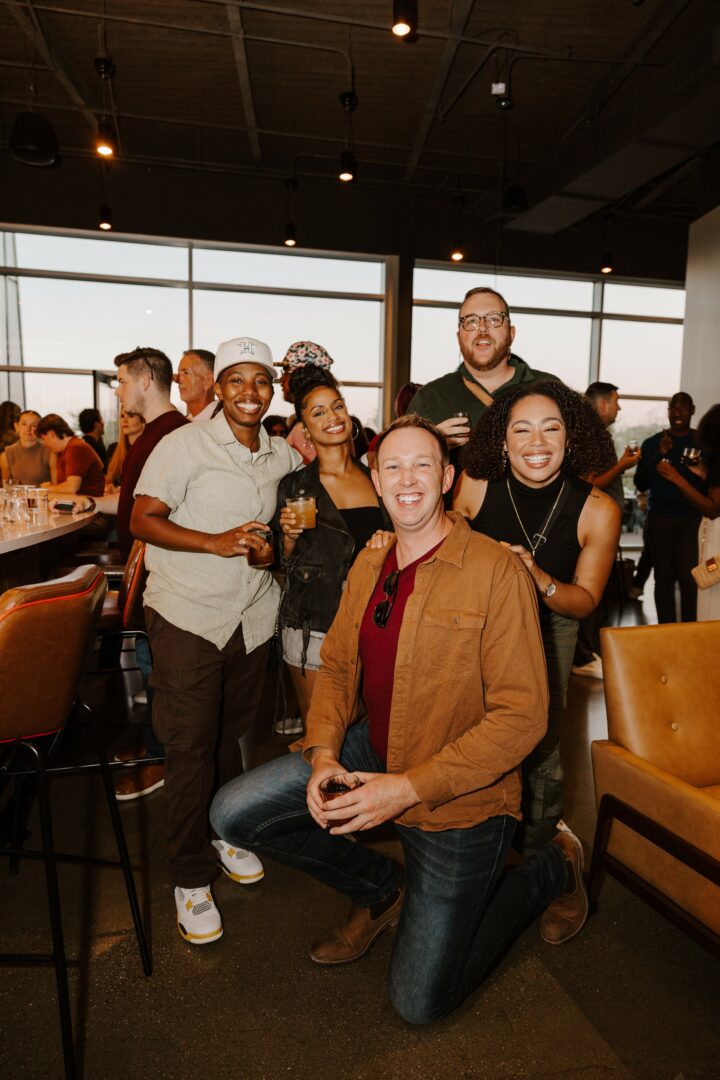
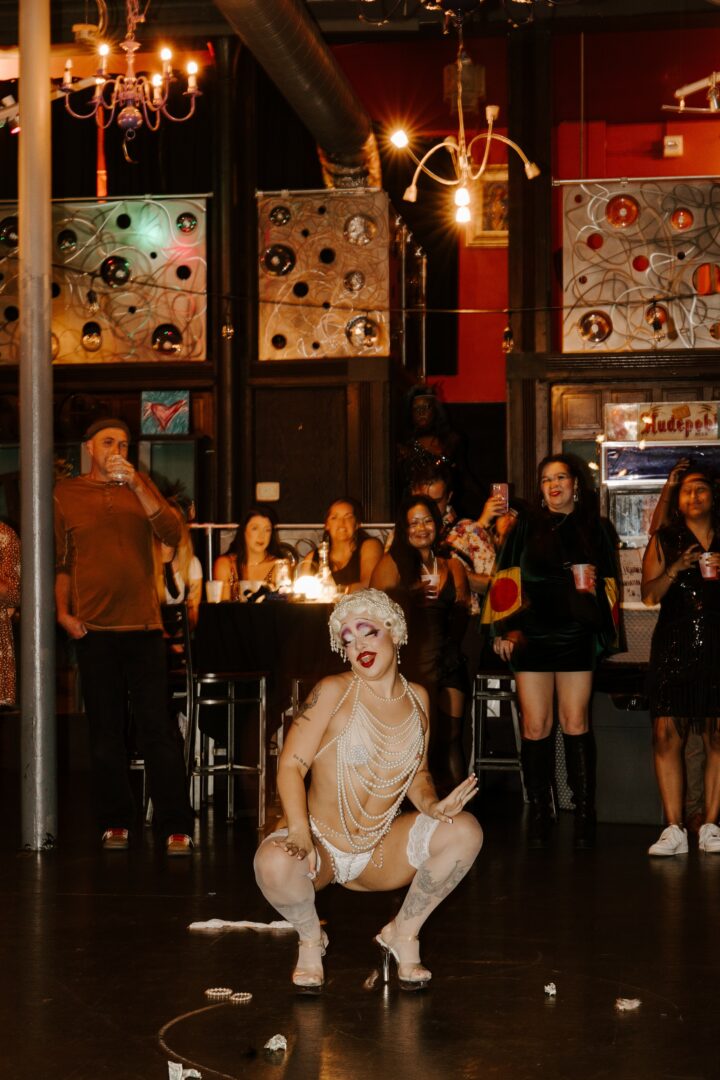
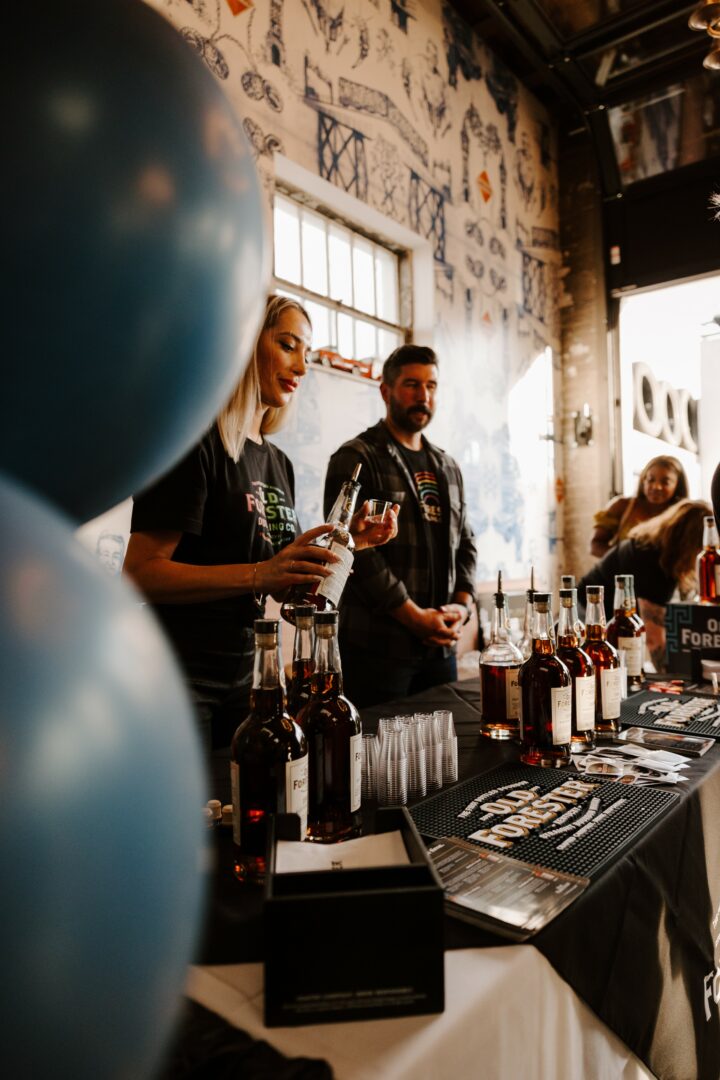
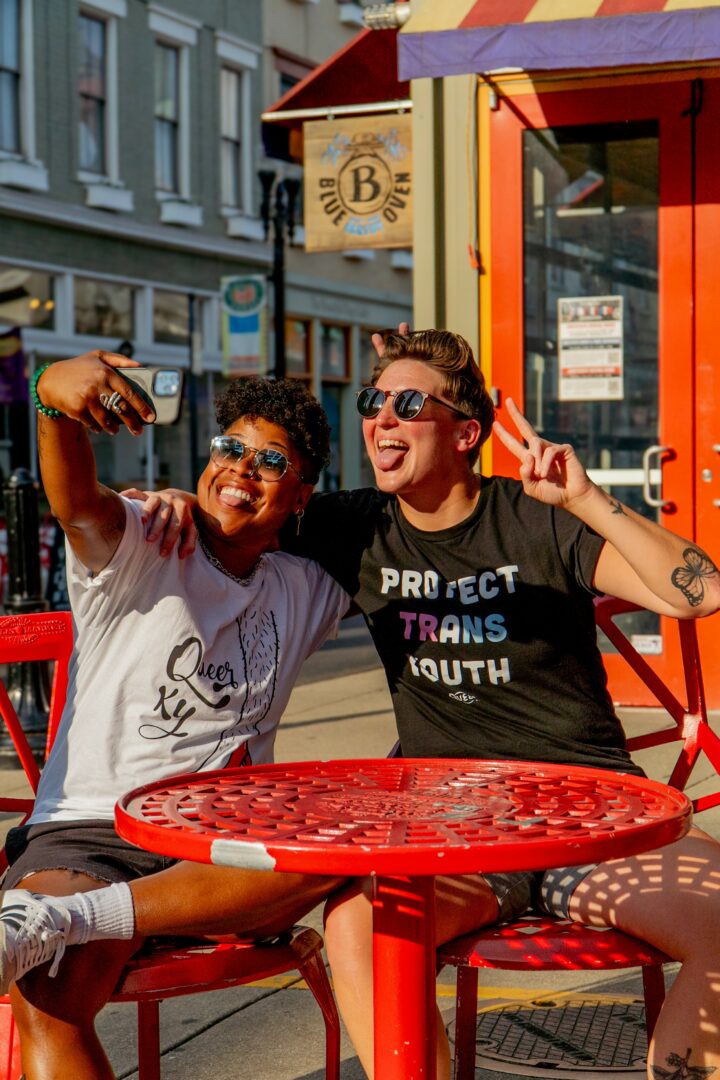
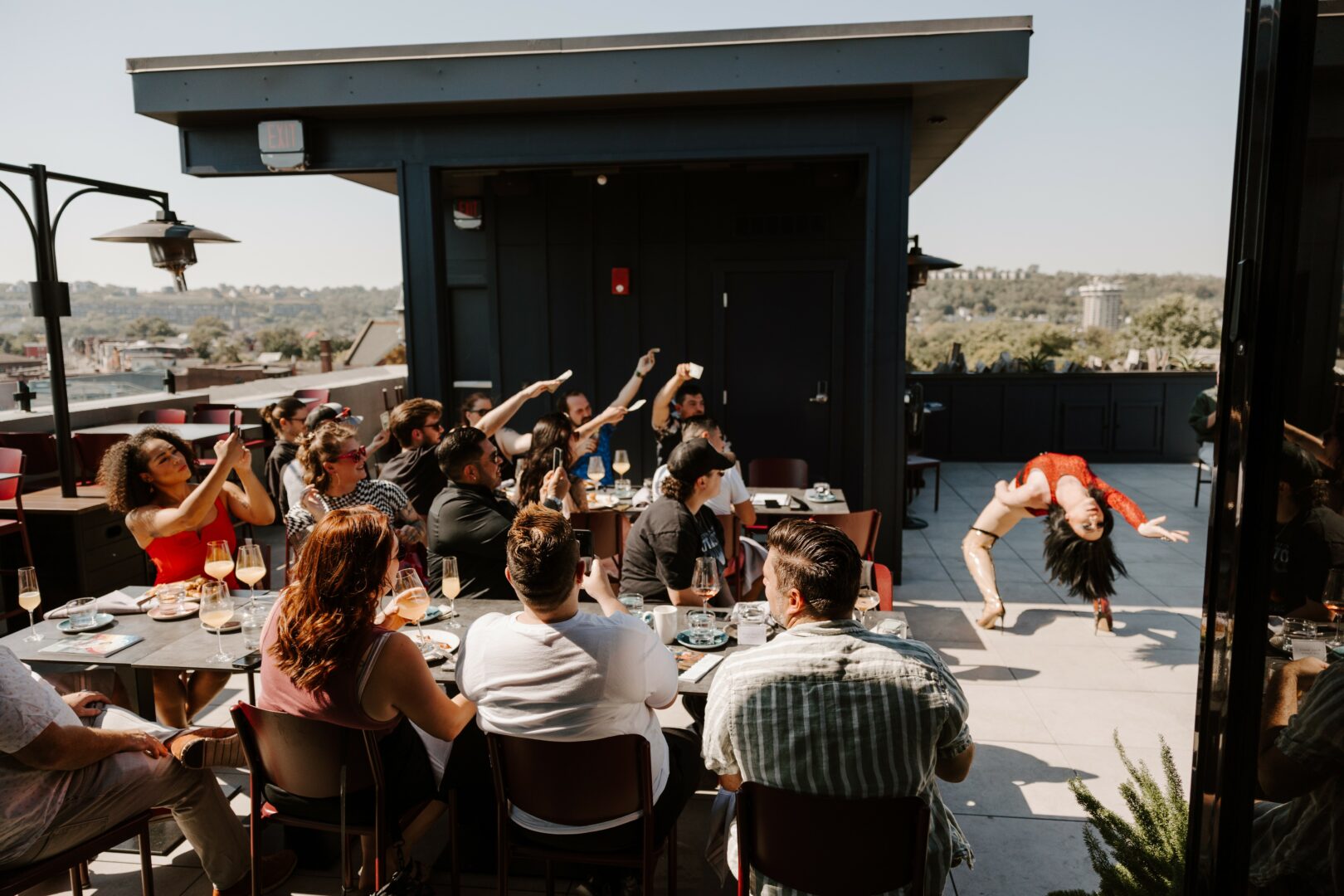
so if you or someone you know deserves recognition please let us know here.

